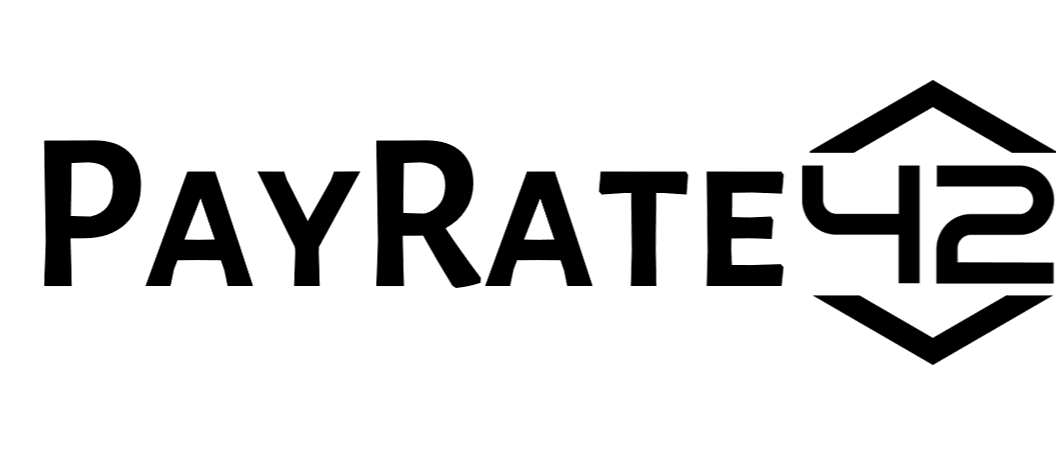Introduction
In a recent special report published by Rachel Wolcott of Thomson Reuters Regulatory Intelligence, significant concerns have been raised regarding Payrnet Ltd, an FCA-regulated e-money institution (EMI) and a subsidiary of the Embedded Finance platform Railsr. The report highlights severe client money safeguarding and compliance failures linked to the bankrupt Lithuanian EMI, UAB Payrnet, which was previously part of the bankrupt Railsbank Technology group.
Background and Regulatory Breaches
According to the special report, Payrnet Ltd was found to have held client money and provided services for UAB Payrnet, breaching EU regulations that prohibit one EMI from safeguarding customer funds for another. The Bank of Lithuania confirmed these violations, leading to the closure of UAB Payrnet in June 2023 due to significant client money and anti-money laundering (AML) compliance failures. The bankruptcy proceedings for UAB Payrnet began in November 2023, and the firm was referred to the Lithuanian Financial Crimes Investigation Service for further investigation.
In March 2023, the Railsr Group underwent restructuring and recapitalization, prompted by the issues surrounding Lithuanian Payrnet. A consortium led by D Squared Capital, including Moneta VC and Ventura Capital, took over Railsr Group. Payrnet is now a wholly-owned subsidiary of Embedded Finance Limited, chaired by former Conservative Chancellor of the Exchequer Philip Hammond, and directed by Dan Adler and Matthew Grossman, who control the new Railsr Group via several legal entities and limited partnerships.
Mismanagement of Funds
Following the restructuring in 2023, Payrnet d/b/a RailsR is controlled by Embedded Finance Ltd under the chairmanship of Philip Hammond. The Lithuanian administrator’s report detailed that from March 1 to March 3, 2023, Payrnet Ltd should have transferred €15.425 million of client funds to UAB Payrnet. However, only €180,000 was transferred, indicating severe mismanagement and potential misuse of client funds. Additionally, Payrnet Ltd used UAB Payrnet client funds to meet MasterCard obligations, a clear violation of safeguarding rules.
Inadequate Compliance and Internal Controls
The Bank of Lithuania’s inspection revealed that UAB Payrnet had inadequate internal controls and manual processes for calculating safeguarded funds, failing to meet regulatory standards and resulting in a significant shortfall in safeguarded funds. Notably, Payrnet’s auditors, BKL Audit, could not confirm the completeness and valuation of safeguarded funds, further underscoring the compliance failures.
Intercompany Relationships and Financial Implications
An intercompany services agreement between Payrnet Ltd and UAB Payrnet indicated a commercial relationship wherein Payrnet Ltd provided payment services for UAB Payrnet. The agreement, signed in December 2022, formalized an oral agreement from January 2021. However, this arrangement contradicted legal provisions prohibiting the holding of safeguarded client funds in another EMI’s accounts.
At the time of Railsbank Technology‘s pre-pack administration in March 2023, Payrnet Ltd potentially held UAB Payrnet client money, forming part of the asset pool to be distributed by UAB Payrnet‘s administrators. The administrator’s report noted that some clients with agreements with UAB Payrnet had their funds held in Payrnet‘s accounts, complicating the verification of these funds.
Ongoing Investigations and Regulatory Actions
The Bank of Lithuania’s findings have prompted further scrutiny from the Lithuanian Financial Crimes Investigation Service. Approximately €126 million in claims have been submitted in UAB Payrnet‘s bankruptcy case, primarily from end users. The administrator has struggled to verify these claims due to insufficient data in UAB Payrnet‘s accounting systems.
Despite returning over 96.5% of safeguarded funds to customers, UAB Payrnet’s mismanagement left a small number of customers facing difficulties retrieving their funds. The firm’s internal controls and financial accounting processes were severely lacking, leading to significant compliance breaches.
Conclusion and Implications
FinTelegram has previously reported on the challenges faced by Railsr and Payrnet, including regulatory scrutiny and compliance issues. The findings in the Thomson Reuters report further emphasize the need for stringent oversight and robust internal controls within fintech companies. Payrnet‘s persistent regulatory breaches and financial mismanagement underscore the risks associated with inadequate compliance frameworks.
Call to Action
The revelations in the Thomson Reuters special report highlight the urgent need for regulatory bodies and financial institutions to prioritize the implementation of stringent compliance measures. The fintech industry must learn from these failures to prevent similar occurrences in the future and to protect consumer funds effectively.
